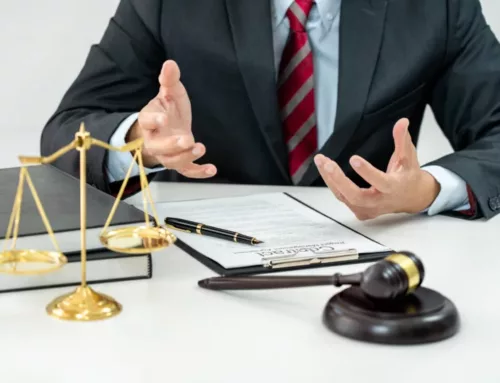Unless you are working for the United States Patent and Trademark Office, knowing who owns the rights to an invention or any other intellectual property can be difficult. What do the terms copyrighted, patented, or trademarked even mean?
Copyrights, patents, and trademarks can be quite confusing. Even more so are licensing agreements, and combinations of these words, such as “patent license agreement” or “trademark license agreement,” among others.
What not to infringe
Intellectual property rights are seldom on the priority list when you are just starting to try and run a new business. But it should be prioritized. Infringement violations must be taken very seriously. Failure to do so can lead to financial losses, even if the infringement is not intentional. Violating copyright law, trademark law, or patent law may lead to costly and time-consuming lawsuits.
Anything protected by intellectual property law must be dealt with in an appropriate manner. Understanding the law is crucial to avoid accidentally infringing someone else’s rights.
Intellectual property licensing terms
 Familiarity with what is allowed and prohibited in an intellectual property license is critical for anyone who wants to grant or obtain such a license. That agreement, after all, provides legal protection for both parties.
Familiarity with what is allowed and prohibited in an intellectual property license is critical for anyone who wants to grant or obtain such a license. That agreement, after all, provides legal protection for both parties.
Both the licensor and licensee must comply with the terms and conditions of the contract. Both must fulfill their obligations and exercise diligence to comply with relevant statutes, especially if third parties are involved. Remember that the other party may decide to sue you for infringement disputes arising from invalid or disregarded license agreements, and no one wants to get sued.
More common than one would think
Avoiding intellectual property infringement is not easy. Business owners often face the risk of violating intellectual property rights in many ways. Granting and making use of licenses can be quite complicated, and rights could be infringed unknowingly.
Knowledgeable Washington, D.C. IP attorneys can attest to this. Licensors and licensees who are not careful with their actions would find it difficult to avoid infringement. Take intellectual property rights into account in every decision you would make which involves product development, advertising, and marketing. It is necessary to consider all legal aspects when using protected material.
Clarify everything in the licensing contract
Negotiate when necessary, but make sure to clarify limitations on the right and license to use any intellectual property right. Licensing arrangement are usually not perpetual. As such, clarify clauses on the termination, expiration, and renewal terms of the agreement.
Another aspect of any license grant that must be clarified is the royalties or license fee. Negotiation is almost always necessary for this subject matter. Check if fees or royalty rates are fixed or based on net sales, and if such will be a limitation given merchantability and other market factors. Indemnification is also something that you need to clarify. When in doubt, ask a reliable Washington, D.C. IP attorney.
When drafting or accepting a license agreement, you must first know what is implied and what must expressly be stated in the document. Washington, D.C. IP attorneys can help you with this. Get legal help before you draft, distribute, sign, or terminate any document related to intellectual property.
For copyright infringement issues, for patent infringement concerns, or anything in connection with trademark infringement, give us a call. Contact a trusted Washington, D.C. IP attorney at War IP Law.






